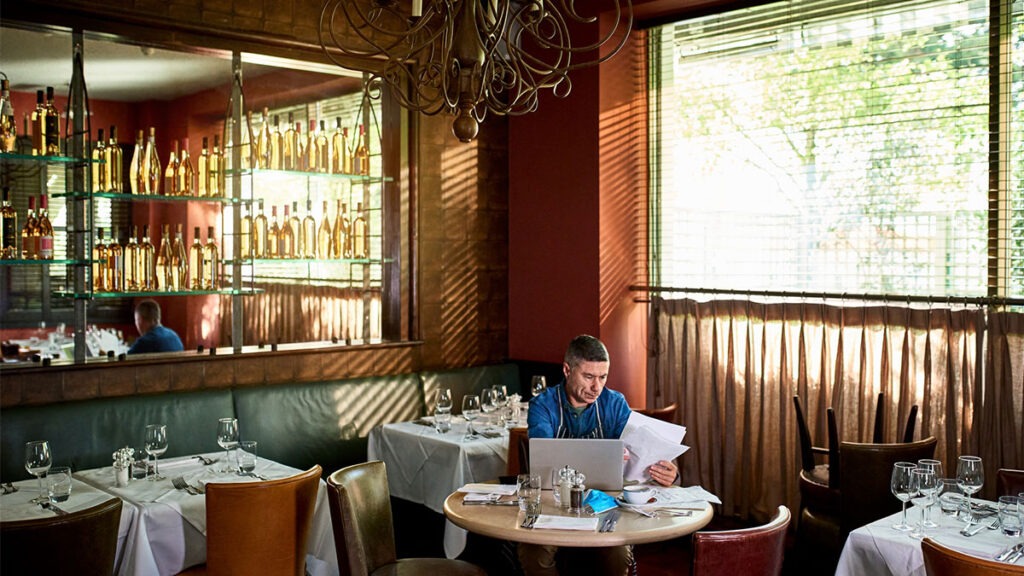The pandemic hit the leisure market hard, but there are signs of optimism. The sector is seeing growth at both the premium dining and quick restaurant service ends, with customer demand for food, drink and entertainment being undimmed. And with the sector evolving more quickly to meet customer demands, leisure leases need to do the same.
Here we explore 10 key considerations to inform the approach of occupiers when reviewing and drafting new leases, and managing their existing arrangements.
- The effects of the COVID-19 pandemic – and any future pandemic – are at the forefront of tenants’ minds, and they will want to off-set risk by having more turnover-based leases. And landlords will no doubt see the potential growth in the leisure market as justification for this approach.
- In return, landlords will want more transparency on trading figures and trends, as they try and plan ahead, and scan the horizon for dips in income.
- Rent suspension/deferment is a key issue – the Code of Practice for commercial property relationships during the pandemic, issued by the Government, sets out a number of options. These range from full or partial rent deferment (possibly with staged repayments), or a temporary switch, to turnover rents. Tenants may seek one or more of these for future pandemics.
- And with the meteoric rise in food delivery, the important question will be where the ‘point of sale is’. There is no settled position on this yet for food that is prepared on site and sent out to customers, but over time there should be a standard drafting position that recognises both parties’ arguments.
- There may also be performance-related breaks – these may be either mutual or in the favour of one party; this will depend on bargaining positions of the parties. And tenants may insist on the ability to make up any shortfall to prevent landlords from exercising their break at any particular time.
- Tenants will also want a relaxation on the consent requirements when carrying out pandemic-related alterations (i.e. layout, more click and collect points and secondary entrances for delivery services), as they will need to react quickly to any given situation.
- As rental figures have reduced, there is a strong argument that rent reviews may be upwards/downwards. Whether landlords’ investors would agree to this is questionable, but there will be added weight in the already fiercely contested debate.
- Lease lengths will be shorter – especially as there will be more and more pop-up sites. Landlords will see the change in offerings as good, as it provides greater variety and a more dynamic tenant mix. These types of leases will be more standardised, to be more like a booking system.
- Landlords may add more flexibility and coverage in the service charge provisions. And tenants would want to add drafting to ensure that any savings created by closing centres are passed onto them.
- In the US, larger leisure sites have moved away from leases, and instead adopt a management agreement. This gives landlords more control and reduces the capital expenditure risk that tenants will have to otherwise pay out.
Want to know more about how leases are evolving across different markets? Look out for our blogs on retail and office leases in this three-part series to help provide practical pointers for occupiers in managing their leases and relationships with owners and other stakeholders.
Our Occupier team acts for occupiers across a wide range of sectors, including retail, leisure, warehousing and offices on all leasehold matters – from lease acquisitions and agreements to alterations, breaks, renewals, rent reviews and disposals. Our lawyers use their specialist experience and sector knowledge to provide practical advice to ensure clients have maximum value, protection and flexibility in their leases. Discover the whole range of services our expert team offer on our Real Estate page.

